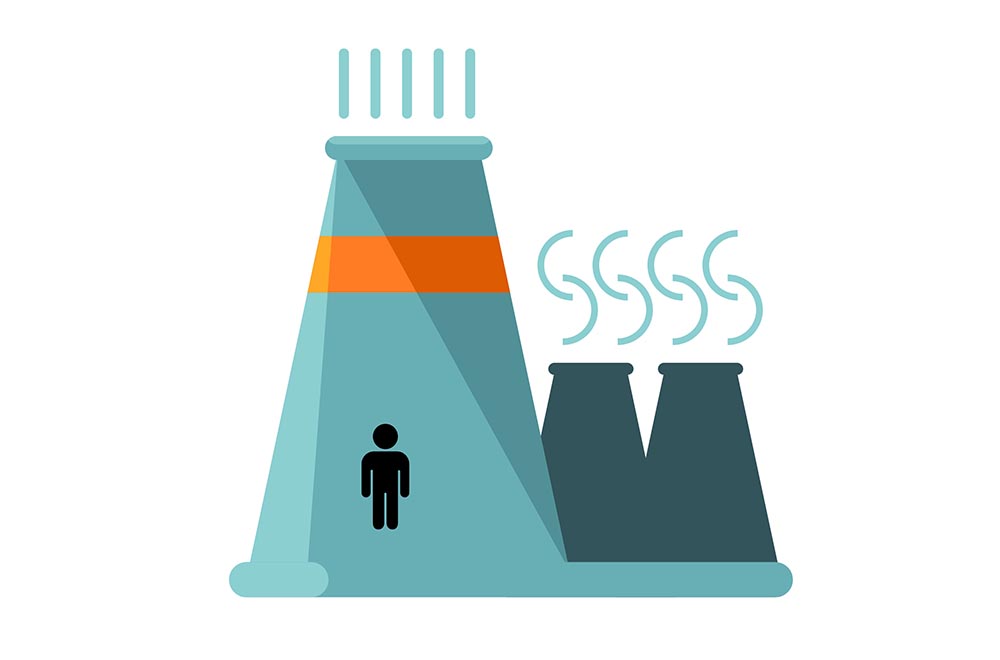
As consumption increased from the end of the 18th century, undeniable advances were made to the way of human life, although without showing their consequences. With the growth of the population, we needed to produce food on a large scale, causing the use of more fossil fuels, increasing the emission of greenhouse gases.
Within this concept, according to geological studies, the Earth began to enter the era called Anthropocene, a period characterized by climate change caused by human action, breaking with the period of climate stability of 12 thousand years, calling into question the logic of life adopted in a world which exceeded eight billion inhabitants.
Consequently, we live in the paradox in which the so-called progress of recent centuries signals and can prove delays that make humanity reflect on whether all advances are worth the sacrifice that global warming imposes for the existence of human beings for more centuries on this planet.